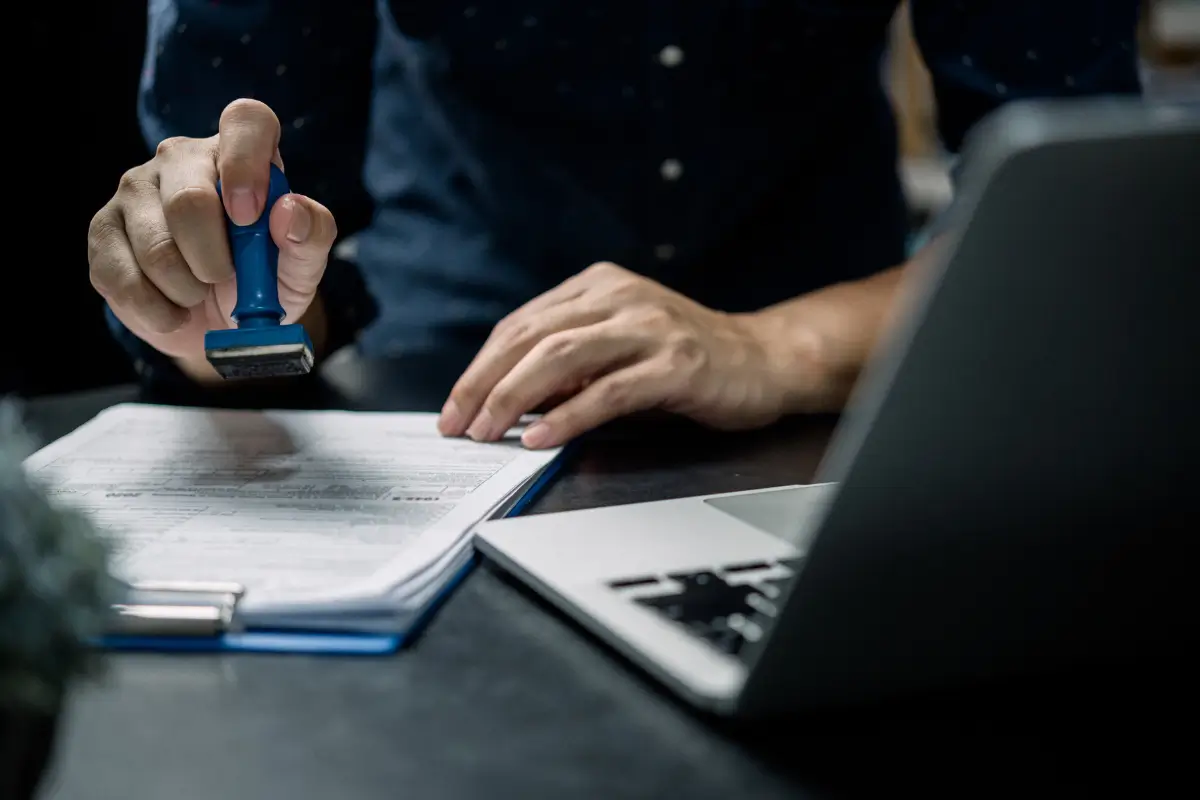Indonesia is becoming an increasingly attractive destination for expatriates, long-term business investors, and retirees. One of the most valuable tools for those seeking permanent residency in Indonesia is the KITAP (Kartu Izin Tinggal Tetap), or Permanent Stay Permit. This article provides an in-depth look into KITAP, covering what it is, its benefits, the requirements for obtaining it, how to convert from KITAS (Temporary Stay Permit) to KITAP, and the process of renewing KITAP once granted.
Whether you’re married to an Indonesian citizen, working or investing in Indonesia, or planning to retire in this tropical paradise, obtaining a KITAP could be the key to enjoying long-term stability and opportunities in the country.
What is KITAP?
KITAP, or the Permanent Stay Permit, is a visa granted to foreign nationals who qualify for long-term residence in Indonesia. Unlike the KITAS (Kartu Izin Tinggal Terbatas), which is a temporary stay permit requiring annual renewals, KITAP allows for permanent residency for an initial five-year period. After that, it can be extended indefinitely in five-year increments.
The main benefit of KITAP is that it eliminates the need for frequent visa renewals, providing peace of mind for those who plan to live in Indonesia for the long haul, whether for family, business, or retirement purposes.

Read More: Business Visa
Why is KITAP Important?
- Long-Term Stability: KITAP offers a more permanent solution for foreign nationals seeking to stay in Indonesia, ensuring that they can reside, work, and engage in business activities without the hassle of constant visa renewals.
- Ease of Travel: With KITAP, you can leave and re-enter Indonesia multiple times without the need for a re-entry permit.
- Employment and Business Opportunities: In many cases, KITAP holders are allowed to work in Indonesia without needing additional work permits, making it ideal for business owners, investors, and employees.
Requirements for KITAP
Depending on your current status and reason for residency, the eligibility requirements for KITAP may vary. Below are the most common paths to obtaining a KITAP:
- Marriage to an Indonesian Citizen: If you are married to an Indonesian national, you can apply for a KITAP after holding a KITAS for two consecutive years. Marriage-based KITAP is one of the most common routes for expats wishing to reside permanently in Indonesia.
- Employment in Indonesia: Foreign professionals working in Indonesia can apply for KITAP after holding a KITAS for several years. The employer typically acts as the sponsor for the application.
- Investment in Indonesia: Foreign investors and shareholders in Indonesian companies may be eligible for KITAP after fulfilling specific requirements, including maintaining a KITAS for a certain period.
- Retirement: Indonesia offers a retirement visa program that leads to KITAP for foreign retirees who wish to live out their retirement in Indonesia. Retirees must meet financial requirements and be over the age of 55 to qualify.

Read More: Understanding the Spouse KITAS
Converting from KITAS to KITAP
If you already hold a KITAS, the process for converting it into a KITAP is relatively straightforward but requires meeting certain conditions:
- Eligibility: You must have held your KITAS for a specific period (typically two years for spouses or five years for other categories such as employees or investors).
- Documentation: The conversion requires detailed documentation, including proof of marriage (for spouses), employment contracts (for employees), or investment records (for investors).
- Sponsorship: Your application must be sponsored by either an Indonesian citizen (for spouses) or your company (for employees or investors).
The application is submitted to the Indonesian Directorate General of Immigration. Upon approval, the applicant will be issued a KITAP, granting them permanent residence rights in Indonesia.
Benefits of Holding a KITAP
The advantages of having a KITAP extend beyond just longer residency. Some of the key benefits include:
- Five-Year Validity: KITAP is initially valid for five years, after which it can be renewed indefinitely every five years.
- No Work Permit Required: KITAP holders are often exempt from needing a separate work permit, provided their employment falls within the allowed categories.
- Legal Security: KITAP gives the holder legal status as a permanent resident of Indonesia, which is beneficial for property ownership, banking, and other legal matters.
- Family Sponsorship: KITAP holders who are married to Indonesian citizens can sponsor the stay of their foreign spouse or children, making it easier for families to live together.

Read More: Outlook on Indonesia Visa 2024
KITAP Renewal Process
KITAP is renewable every five years. The renewal process is relatively simple compared to the initial application:
- Submission of a Renewal Application: The application must be submitted to the immigration office, ideally several months before the KITAP expires.
- Compliance Review: Immigration authorities may perform a review to ensure that the applicant has continued to comply with Indonesian laws and regulations during their stay.
- No Major Documentation Required: Unlike the initial KITAP application, the renewal process typically doesn’t require the submission of extensive supporting documentation, unless there have been major changes in your circumstances.
Surveillance Audits for KITAP Holders
Once a KITAP is granted, the Indonesian immigration authorities may conduct surveillance audits in the following years to ensure continued compliance. These audits may include reviewing your employment, investment, or marital status to confirm that your situation remains aligned with the conditions under which your KITAP was issued.
Process of Changing from KITAS to KITAP
The transition from KITAS to KITAP can seem daunting, but it’s manageable with proper guidance:
- Application Process: This involves submitting the required documents to immigration, including your KITAS, sponsor details, and other supporting evidence.
- Verification: After receiving the application, immigration officers will verify your eligibility for KITAP, which may include interviews or site visits to confirm your living or working conditions.
- Approval: Once approved, you’ll receive your KITAP, granting you permanent residency status in Indonesia.

Read More: Bridging Visa
Differences in KITAP Application: Domestic vs. Overseas Applicants
For foreigners applying for KITAP while residing in Indonesia (domestically), the process is usually faster, as local immigration offices are well-versed in the procedures. However, foreign nationals applying from abroad might face additional steps, such as providing notarized translations of documents and working with Indonesian consulates or embassies for approval.
Conclusion
Obtaining a KITAP is a major milestone for foreign nationals seeking long-term residency in Indonesia. Whether you’re married to an Indonesian, working, investing, or retiring in Indonesia, KITAP offers numerous advantages, including legal residency, ease of travel, and employment opportunities.
At ET Consultant, we specialize in assisting clients through the KITAP application process, ensuring compliance with all legal requirements and providing expert guidance every step of the way. Contact us today to learn how we can help you obtain KITAP and enjoy the benefits of permanent residency in Indonesia.
By using a comprehensive, step-by-step approach, ET Consultant ensures that the often complex process of obtaining a KITAP is as smooth and efficient as possible for our clients.
***
ET Consultant is a Business Consultant and Legal Consultant Expert that provides support for local and multinational clients to start and manage their business operations in Indonesia. ET Consultant specializes in Business Incorporation, Licensing & Legal, Accounting & Taxes, Immigration, and Advisory Services.
Ready to find out more?
Excellent and Trusted Consultant (ET Consultant)
PPHUI Building Lantai 2 suite 210 Jl. H.R. Rasuna Said Kav. C-22 Kuningan
Jakarta Selatan, 12940 Indonesia.
Tlp : 021 5290 7039
Email : [email protected]


